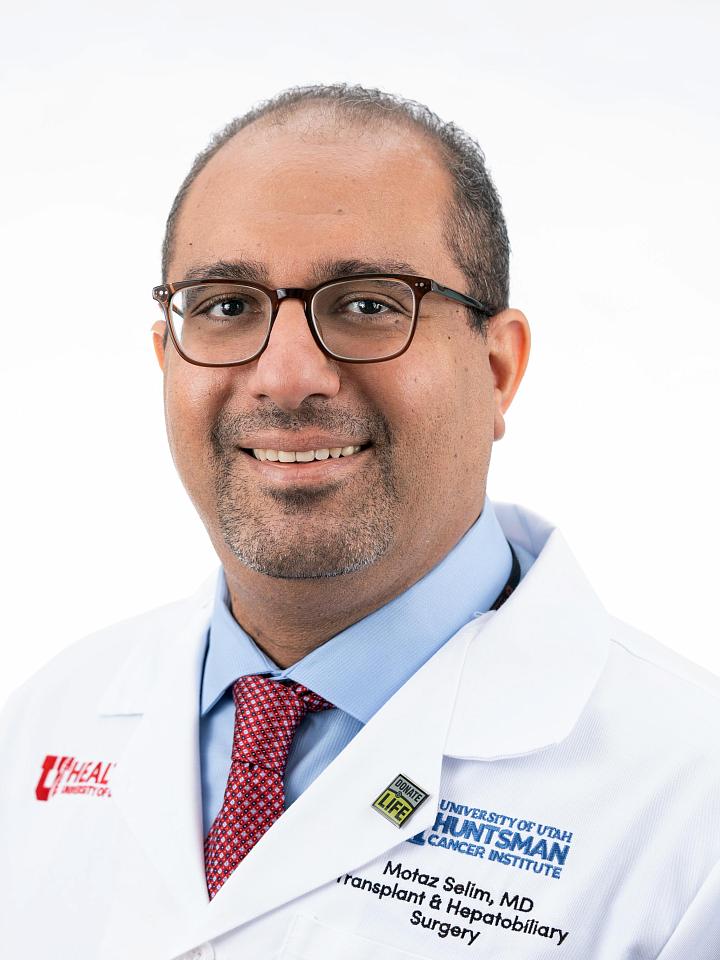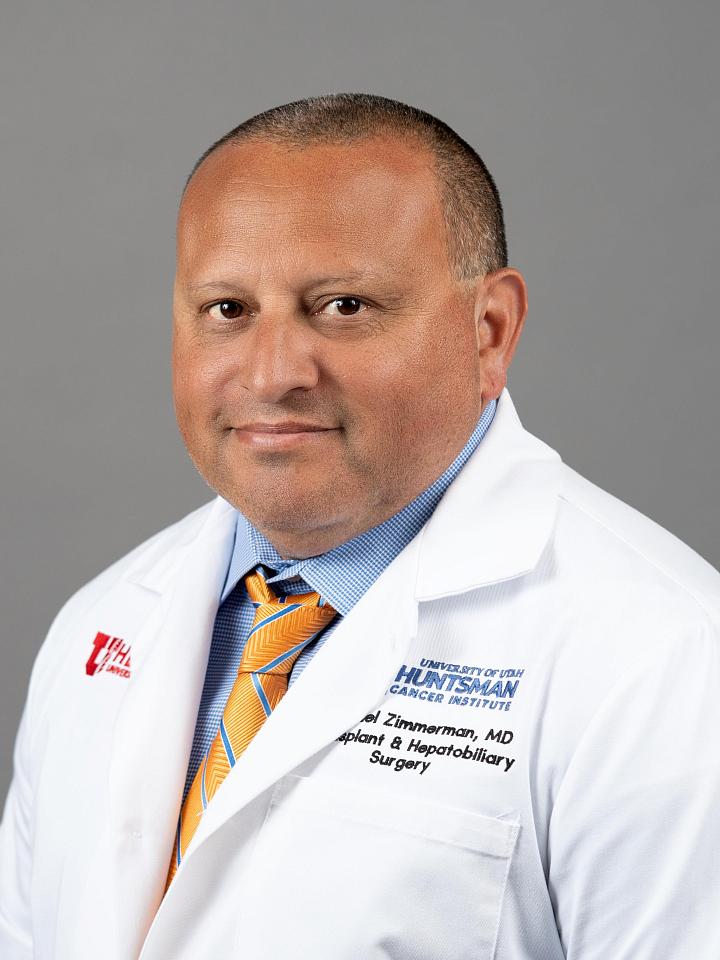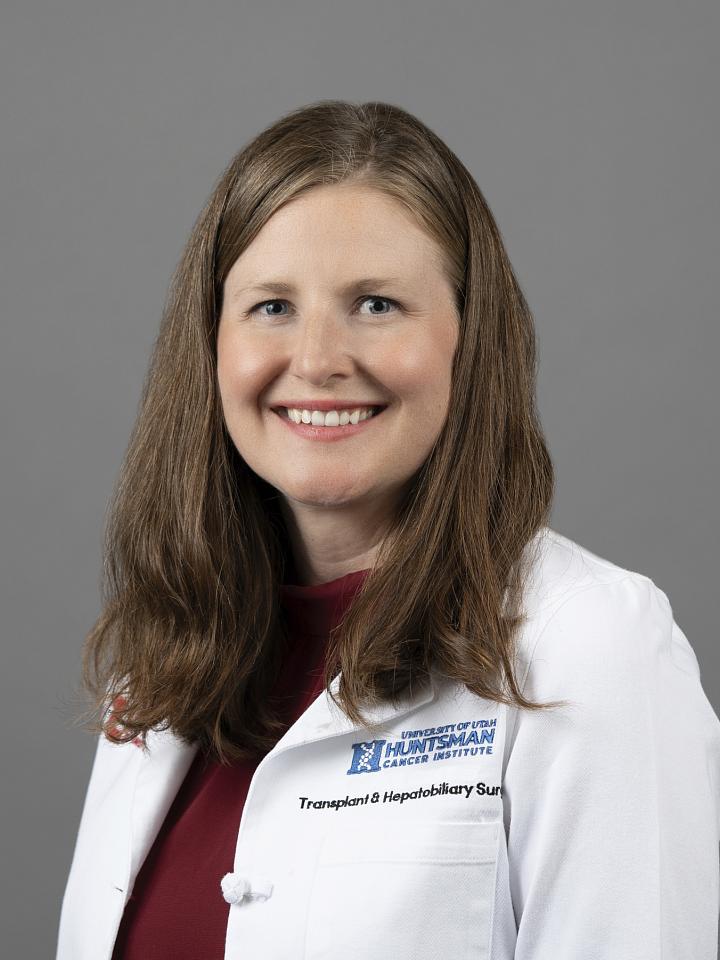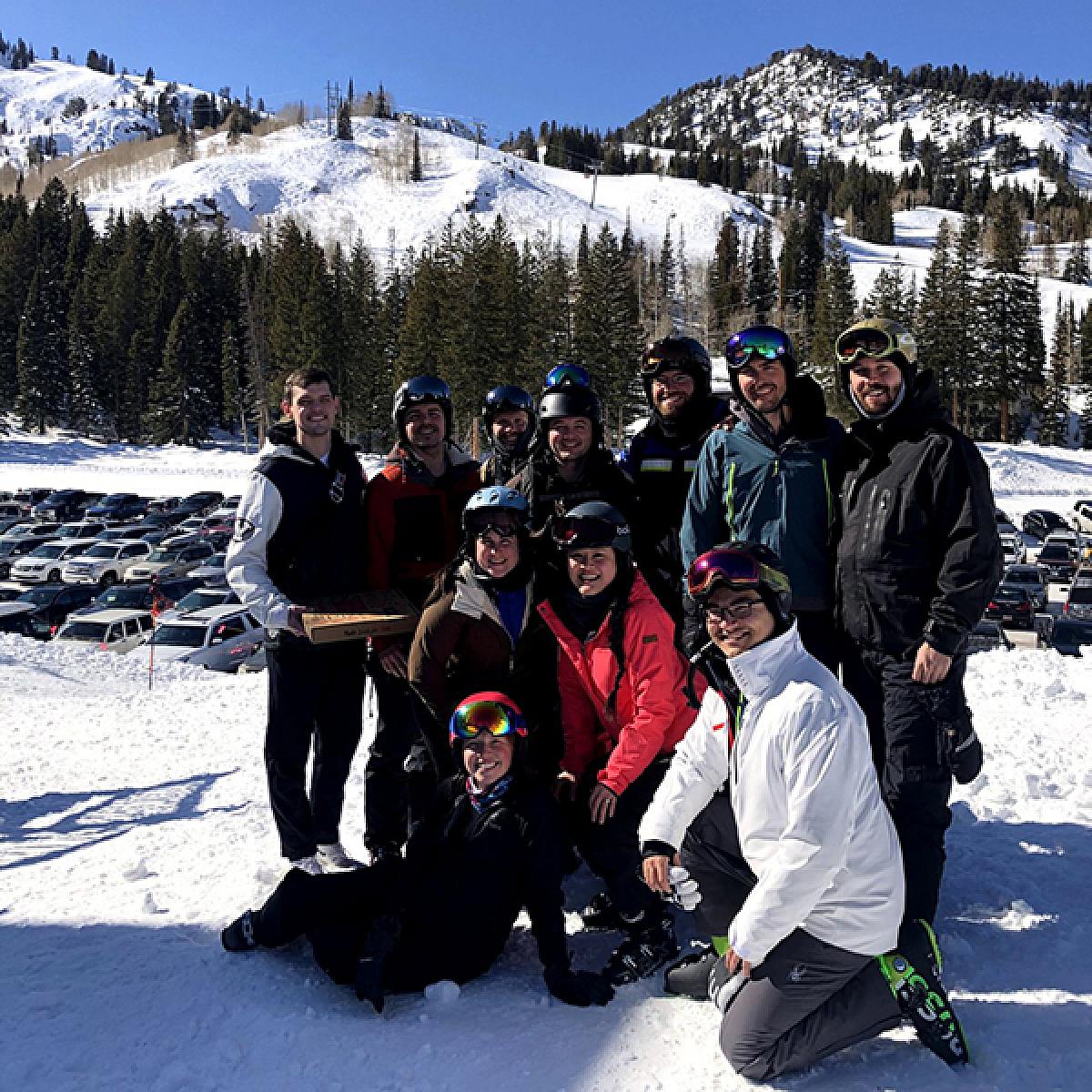
Abdominal Transplant Surgery Fellowship

Abdominal Transplant Surgery Fellowship
ABOUT THE Abdominal Transplant Surgery Fellowship

The Division of Transplantation and Advanced Hepatobiliary Surgery Academic Abdominal Transplant Surgery Fellowship is structured to prepare future transplant surgeons for successful academic careers. In addition to surgical proficiency, our comprehensive program emphasizes research and education as fundamentals of a successful future academic career.
The two-year fellowship is currently accredited by TACC for Liver and Kidney Transplantation. Our program provides comprehensive training in liver and kidney transplants from both deceased and living donors, pancreas transplant, and organ procurement from deceased and live donors. Fellows also participate in hepatobiliary surgery and laparoscopic and robotic surgical cases.
As a robust transplant center aiming to train well-rounded future transplant surgeons, our fellows also train in all aspects of running a transplant program, including building and managing the waitlist and organ offer assessment. Additionally, fellows are introduced to fundamental transplant administrative and financial concepts to ensure a comprehensive skill set upon completion of the program. Our goal is to graduate fellows who are fully prepared to assume attending roles from day one after their graduation.
The mission of our academic Abdominal Transplant Fellowship program is to train the next generation of academic transplant surgeons and leaders in the field who will shape the future of abdominal transplantation and advance excellence in abdominal transplant education, research, and patient care worldwide.
Our vision is to be a globally recognized fellowship program known for its commitment to training successful academic transplant surgeons who will promote excellence in abdominal transplant education, research, and patient care. This commitment is realized through comprehensive training, innovative research and education strategies, and robust collaboration with our auxiliary transplant professional partners.
FELLOWSHIP FACULTY
CURRENT FELLOW
PROGRAM INFORMATION
The fellow engages in all responsibilities mirroring those of the on-call surgeon and under their supervision. This encompasses operative experience as well as inpatient care, clinic consultations, actively participating in transplant listing and patient management meetings, and responding to organ offer calls. A robust team of advanced providers, residents and medical students support the daily operations of the team.
In addition, fellows actively engage in interactions and collaborations with various partners that play a pivotal role in supporting the transplant service on a daily basis. This includes close collaboration with transplant coordinators, specialists in transplant hepatology, transplant nephrology, interventional radiology, and other relevant disciplines.
Fellows are required to meet TACC certification requirements, including the completion of the online National Transplant Curriculum (https://asts.org/transplant-accreditation-certification-council/certification). They actively engage in formal transplant didactics and take a leading role in division education meetings.
As essential contributors to the educational environment within the Division of Transplantation and Hepatobiliary Surgery, fellows actively contribute to the education of medical students and residents rotating on the Transplant Surgery service in clinical settings such as wards and clinics, as well as in the operating rooms and other formal educational activities within the division. The University of Utah offers various resources for fellows interested in developing their clinical teaching skills or preparing for an academic career with a focus on surgical education.
Participation in research is an integral part of our academic mission. Fellows will have the opportunity to join ongoing research projects and to develop their own projects as well. Research projects can vary from clinical studies and clinical trials to basic science projects in our lab.
Fellows are encouraged to present their abstracts at national or international conferences, with the objective of publishing at least one peer-reviewed article by the end of their fellowship.
The year 1 salary for the abdominal transplant surgery fellow is based upon the current salary for a post-graduate year 6 resident at the University of Utah.
Benefits included for fellows include health, disability and life insurance, retirement benefits and other benefits as offered by the University of Utah.
Work/life balance is an important aspect of our comprehensive training plan. Fellows will have protected time off aligning with the TACC managed time policy.
The fellow is allowed 2 weeks of vacation per year. Attendance at academic meetings does not count as vacation.
Fellows’ attendance of at least one national conference will be supported by the program. The fellows will be supported to attend conferences where they have abstracts accepted for presentation.
Fellows will attend the ASTS Fellows symposium during their second year.
Attendance of academic meetings does not count as vacation.
Candidates must have satisfactorily completed a surgery residency which satisfies the educational requirements for certification by the American Board of Surgery, American Board of Urology, American Osteopathic Board Certification, or foreign equivalency.
International graduates must have a valid ECFMG certificate.
All applicants must have passed USMLE Step 3 prior to the rank list submission deadline.
Visa status (If not a US citizen): Green Card, H1-B
CONTACT US
Program Coordinator:
Katalin Fornadi, MD, PhD
(801) 585-6140
transplant.surg.fellowship@hsc.utah.edu
APPLY
Apply through SFmatch.org
Program code #PR10172






